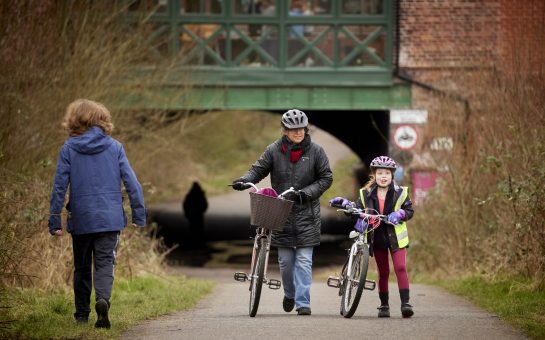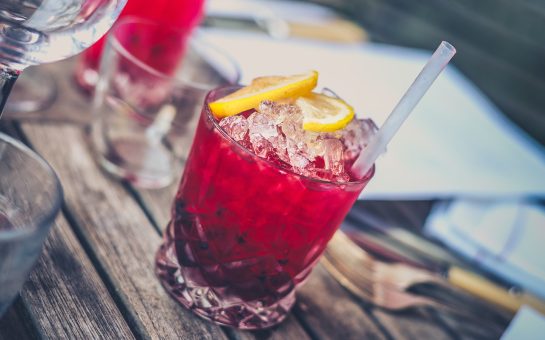You’d never dream of getting behind the wheel while drunk, would you?
There have been countless horror stories, campaigns and adverts to put you off for a lifetime, but can the same be said about cycling?
Riding a bike when inebriated may feel like a smart way to avoid drink driving when on the way home from the pub.
And last week, Olliers Solicitors cleared up the laws surrounding sleeping in your car after a few too many – but what if you arrived on two wheels instead of four?
Just this week, a coroner told of how Liam Francis Brady, from Berwick, suffered ‘unsurvivable’ head injuries earlier this year when he crashed his bicycle into a telegraph pole more than three times over the legal drink drive limit.
Hopping on a bicycle after a few beers for may seem harmless, but what are the legal implications for cyclists under the influence in Britain? Are there different rules for cycling on and off-road?
MM have teamed up with Olliers Solicitors, a leading criminal law firm based in Manchester, to answer your questions.
——————————————————–
Hi MM,
I’m a keen cyclist and, I’m not going to lie, occasionally I’ve been tempted to ride home from the pub after a cheeky couple of pints.
I have been told it isn’t illegal to drink alcohol and ride a bicycle on a public road. Is this true?
I was hoping you could answer this for me please.
——————————————————–
The Licensing Act 1872 makes it an offence to be drunk in charge of a bicycle (or any other vehicle or carriage or cattle) on a highway or in a public place but this old law also forbids any public drunkenness – even in a pub – so is rarely enforced.
In law, a bicycle is defined as a carriage for use on the highway but cyclists are not in charge of ‘mechanically-propelled’ vehicles so, in law, do not have to adhere to exactly the same drink drive rules as motorists.
Section 30 Road Traffic Act 1988 says: “It is an offence for a person to ride a cycle on a road or other public place when unfit to ride through drink or drugs.”
That is to say under the influence of alcohol or a drug to such an extent as to be incapable of having proper control of the cycle.
‘Road’ in the above bit of legislation also includes a bridleway so you can’t ride off-road without risk.
In summary, if you ride drunk you risk endangering yourself and possibly others by your actions.
And cycling ‘dangerously’ can result in a fine of up to £2,500.
Do you have a question for the legal team at Olliers Solicitors?
Their specialist criminal lawyers – including a specialist motor law department – are ready to answer your questions for FREE. All you have to do is email them in to our newsdesk here: newsdesk (at) mancunianmatters (dot) co (dot) uk
You can find more about Olliers Solicitors here.

Image courtesy of DaMongMan with thanks



